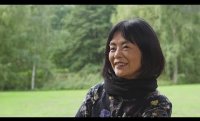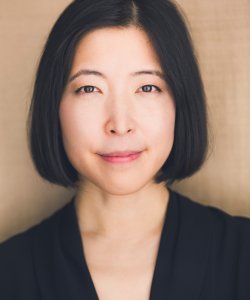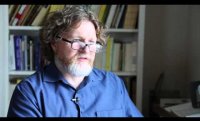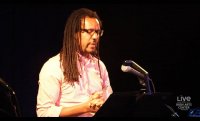Writers! Three days left to send your work to the following contests, all with a deadline of June 15. There are opportunities for poets, fiction writers, and translators. All of the contests offer a first-place prize of at least $1,000 and publication.
Bitter Oleander Press Library of Poetry Book Award: A prize of $1,000 and publication by Bitter Oleander Press is given annually for a poetry collection. Entry fee: $28.
University of Akron Press Poetry Prize: A prize of $1,500 and publication by University of Akron Press is given annually for a poetry collection. Victoria Chang will judge. Entry fee: $20.
Philadelphia Stories Marguerite McGlinn Prize for Fiction: A prize of $2,500 and publication in Philadelphia Stories is given annually for a short story. The winner will also receive travel and lodging expenses to read at Rosemont College in October. Writers currently living in the United States are eligible. Entry fee: $15.
American-Scandinavian Foundation Translation Prizes: A prize of $2,500 and publication of an excerpt in Scandinavian Review is given annually for an English translation of a work of poetry, fiction, or creative nonfiction written in a Nordic language. A prize of $2,000 and publication is also awarded to a translator whose literary translations have not previously been published. Translations of works by Scandinavian authors born after 1900 that have not been published in English are eligible. Entry fee: none.
Visit the contest websites for complete guidelines, and check out the Grants & Awards database and Submission Calendar for more contests in poetry, fiction, and creative nonfiction.











